Kwanda's Q2
Impact Report
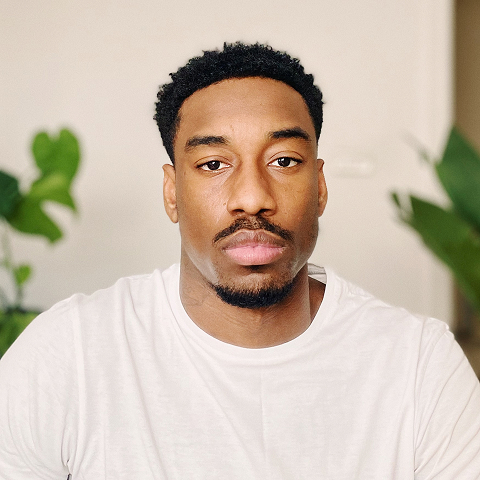
Hey 👋🏾 and welcome to our second-quarter impact report, which marked an evolution in the Kwanda brand. So much foundational work was done and I’m excited to break it all down for you, starting with the first point …
We're becoming a registered charity.
We have officially submitted our application to register as a UK charity and are waiting to hear back from the commission.
We also appointed two new board members: Izzy Obeng and Lynne Egwueku, who bring valuable experience and will help guide Kwanda and provide strategic and financial oversight. I will join the board as the third member, and we plan to recruit more board members soon.
We hired a team
We recruited and onboarded our new team. Kwanda is no longer just me as the primary operator; we are now a team of five. Say hello to Alisa Adams (Impact lead), Vanessa Mbonu (Communications lead), Oluwatobi Aigbogun (Fundraising lead) and Jeicy Kivuyo (Storyteller).
Other stuff ...
We had a significant amount of activity and impact across Africa, deployed our largest round of funding into projects and voted to launch our first project in the Caribbean, specifically in 🇭🇹 Haiti.
Finally, we enhanced our project tracking and impact reporting by introducing new features to our project pages.
However, this is the impact report, so let's get to ... the impact.
In the report below, you'll first look at some primary metrics. Then, I'll walk you through some financials and impact data before discussing the notable funded activities we engaged in this quarter.
I hope you enjoy learning more about our achievements in the second quarter of the year. Let's begin with some core data, noting that there may be slight discrepancies (less than 1%) in the numbers due to programmatic currency conversion and rounding.
Look at the numbers
Financials
Below is a summary of our financials for the quarter. Feel free to also download our financial accounts.

We raised £50,937 in contributions from villagers and friends this quarter and deployed £25,400 into projects in 🇳🇬 Nigeria, 🇰🇪 Kenya, 🇹🇿 Tanzania, 🇨🇩 Congo (DRC) and 🇸🇱 Sierra Leone.
This quarter's operational expenses came in at £19,834. This is good! We managed to reduce our advertising spending, which was high in Q1. The challenge is that we also saw fewer villagers join, so we took a hit to growth by cutting advertising.
As we brought on a new team, our monthly expenses have risen to £9,025 per month , but this is expected as we are setting up to scale. We can maintain this team size for a while and get that ratio back down.
We're also facing churn, which means a consistent number of people will leave Kwanda every month, either because they no longer wish to contribute, their credit cards expire, or they're experiencing financial difficulties. This number typically ranges between 2% and 5%. However, as we grow our community, which now has over 2,000 members, it represents a significant number of people, with around 50 to 60 villages potentially leaving each month. We need to ensure that more people join than leave every month; otherwise, we'll find ourselves plateauing in growth.
Tangible results
Our impact
Here are some regional and sectoral impact results we achieved this quarter.

On the impact front, we had another excellent quarter. We started bumping up against our limits around the number of projects we could support, but this was quickly addressed by bringing on our new impact lead, Alisa, to take over from me. For the next quarter, we're setting ourselves up to scale, take on more projects, and maintain the same level of reporting across all of them.
In numbers, our funded activities in the quarter directly supported 3690 people across five sectors. We also voted and passed 4 proposals, one of which has led to our first project in the Carribean (specifically, 🇭🇹 Haiti).
Unfortunately, we encountered what appears to be our first failed project or write-off in 🇺🇬 Uganda. We tested microloans with a local partner who was unable to properly deliver the agreed upon programming. We are currently in conversations about either redirecting or recollecting that grant funding, but we will have to put microloans on the back burner for now, as it feels like too great a stretch in another direction and may jeopardise our ability to maintain our reporting standards and transparency.
From the field
Some of the photos and videos our field partners shared with us this quarter.
Scroll or drag to see more
Delivering free primary healthcare in Nigeria with microclinics

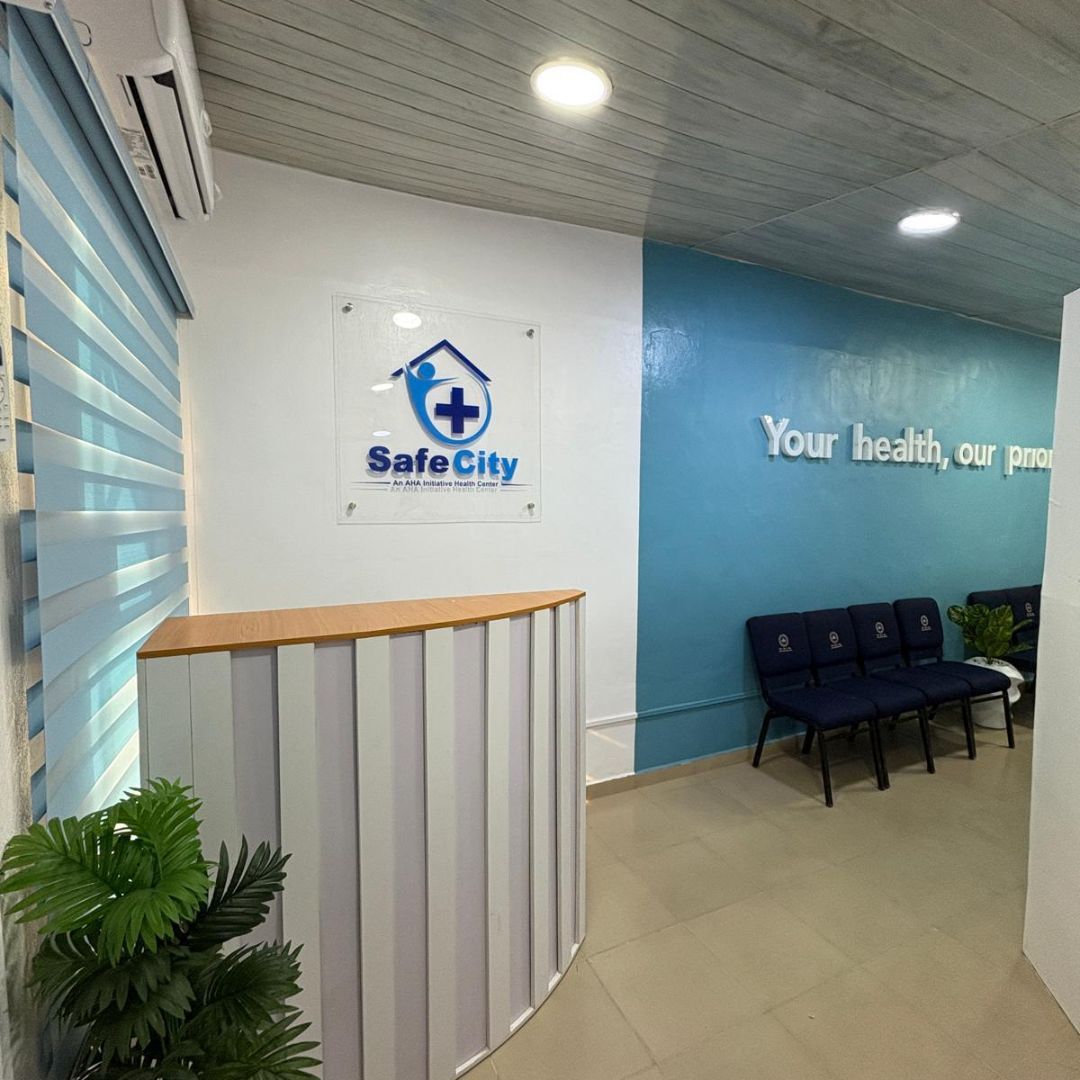
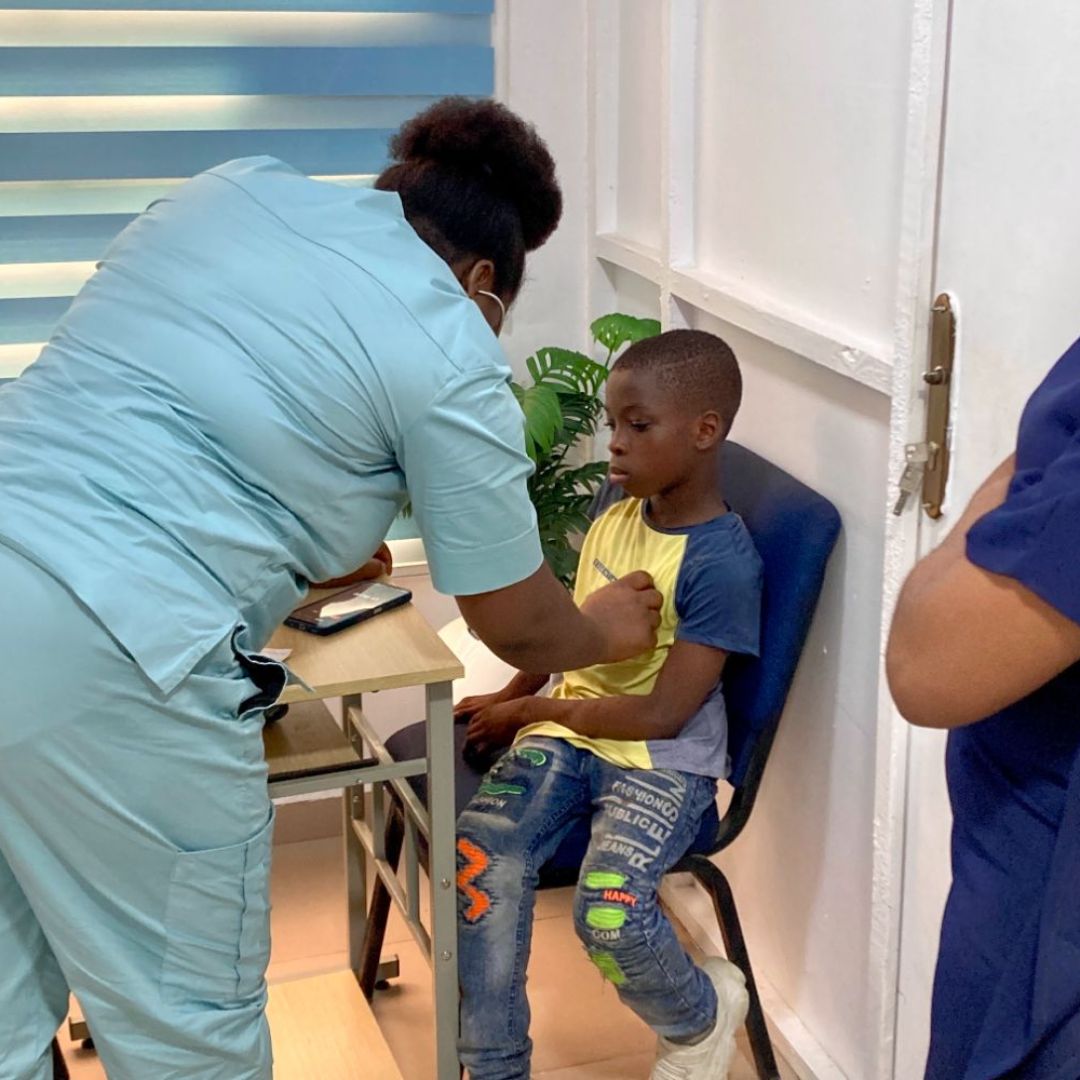
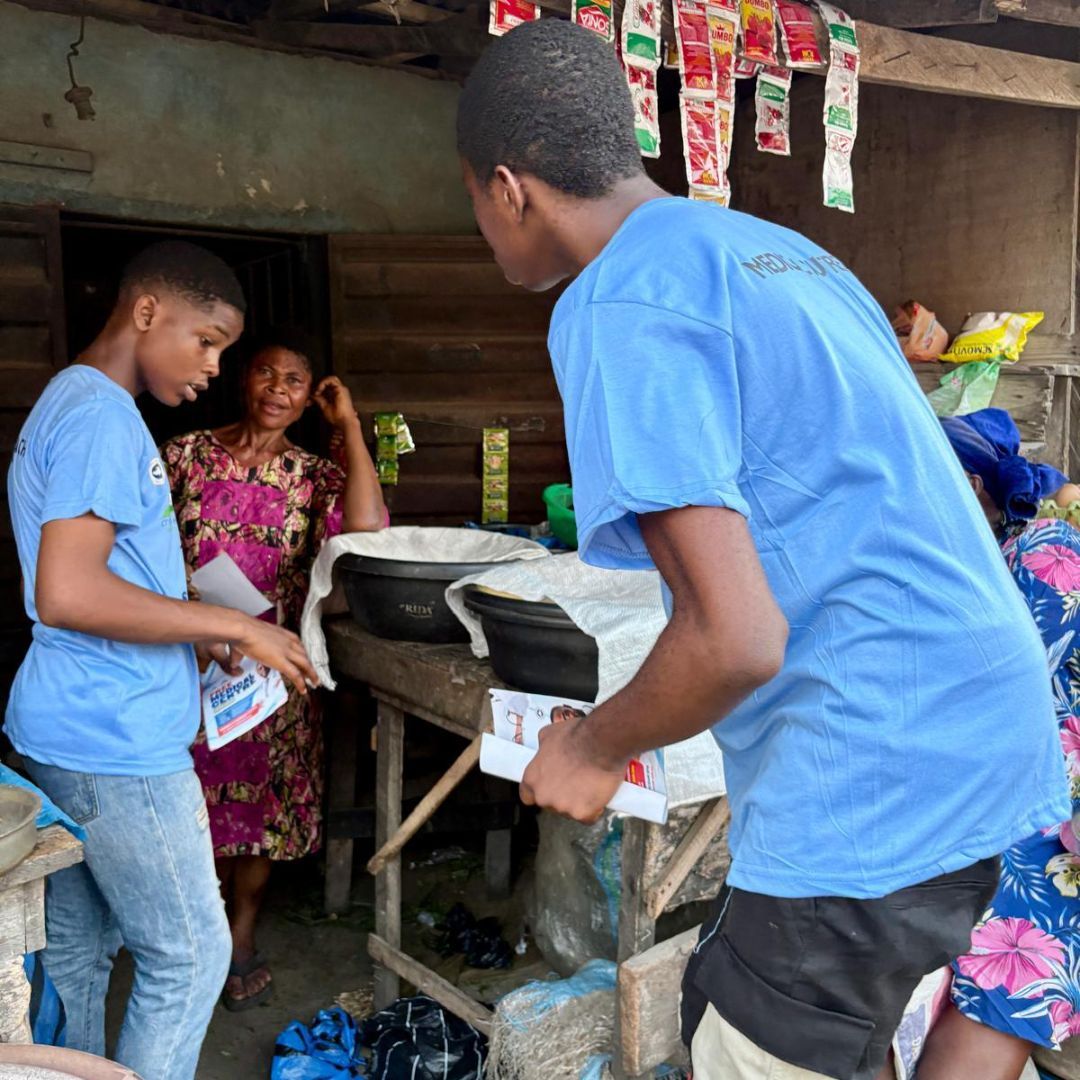

Our funded project in Nigeria has continued to move from strength to strength. The initial pilot aimed to provide free primary healthcare to 2,000 low-income and uninsured people by the end of the 6-month pilot period, and this target was exceeded (136%). The clinic, in it’s first 6 months treated 2,724 patients (with June data not yet included).
To this point, our villagers have voted not only to extend our funding for the clinic but also to set up a second clinic in Lagos. Both clinics will have the total capacity to deliver free healthcare to 8,000 people annually, and he new clinic is currently under renovation and is set to launch in the coming quarter.
Reducing period poverty in Kenya through local pad production
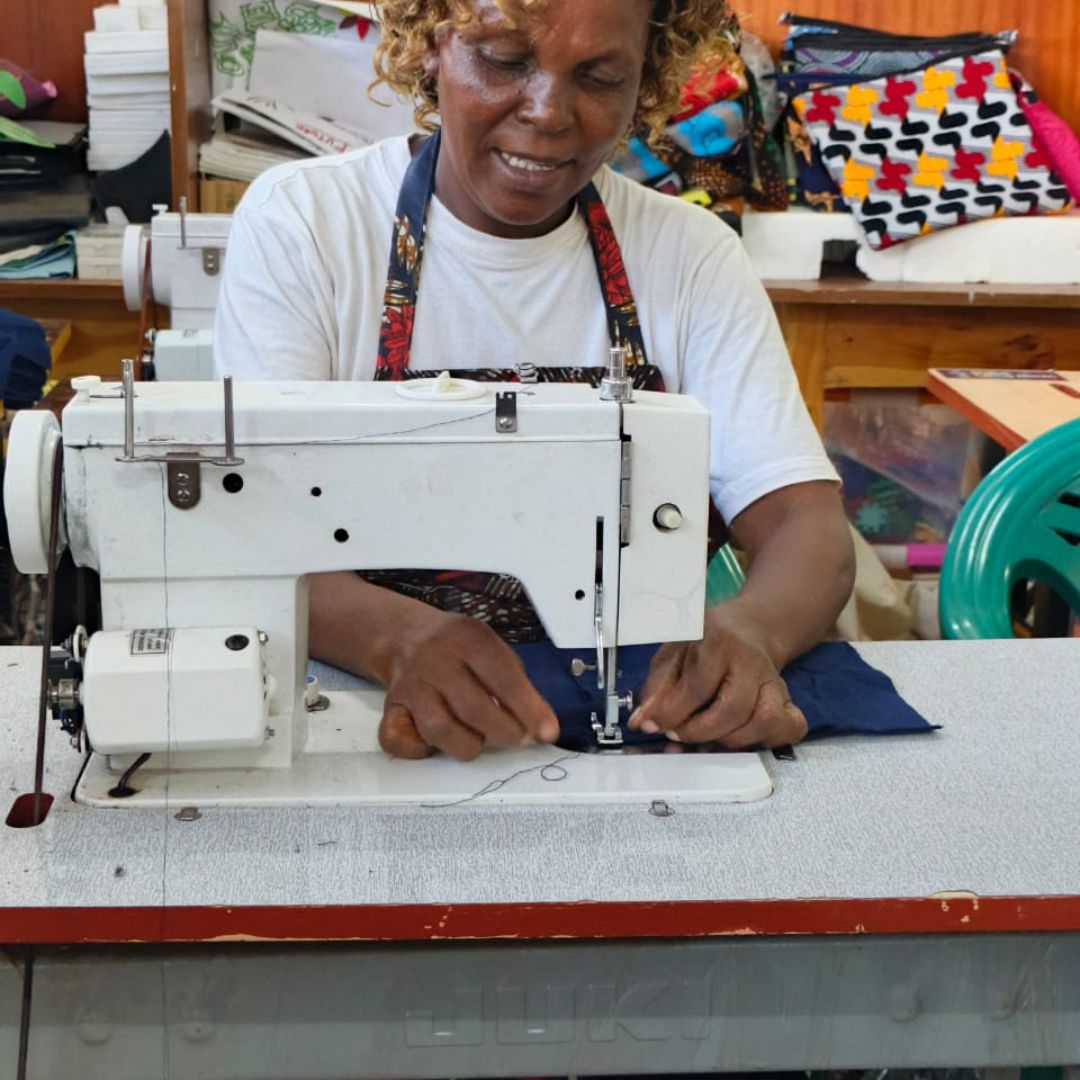
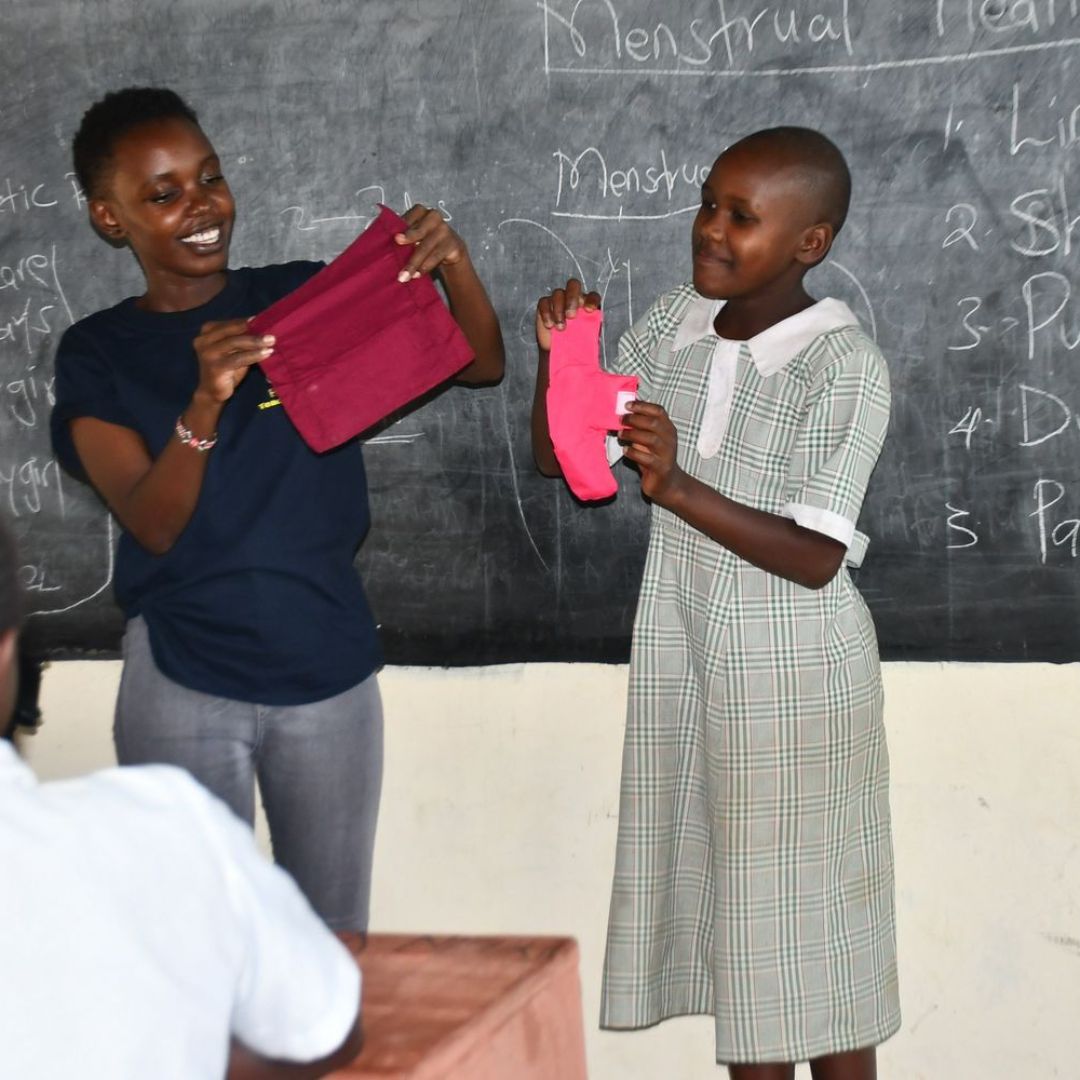
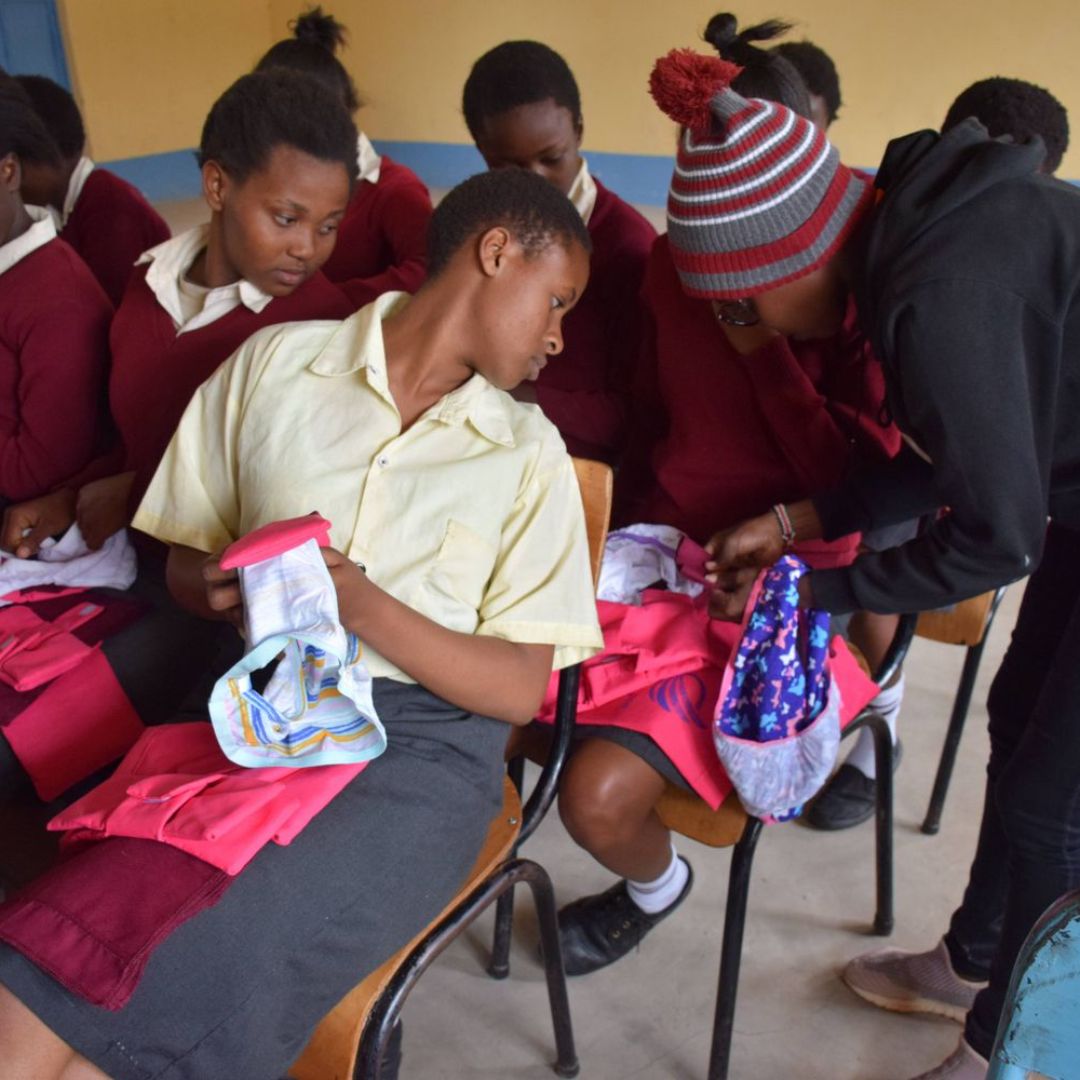
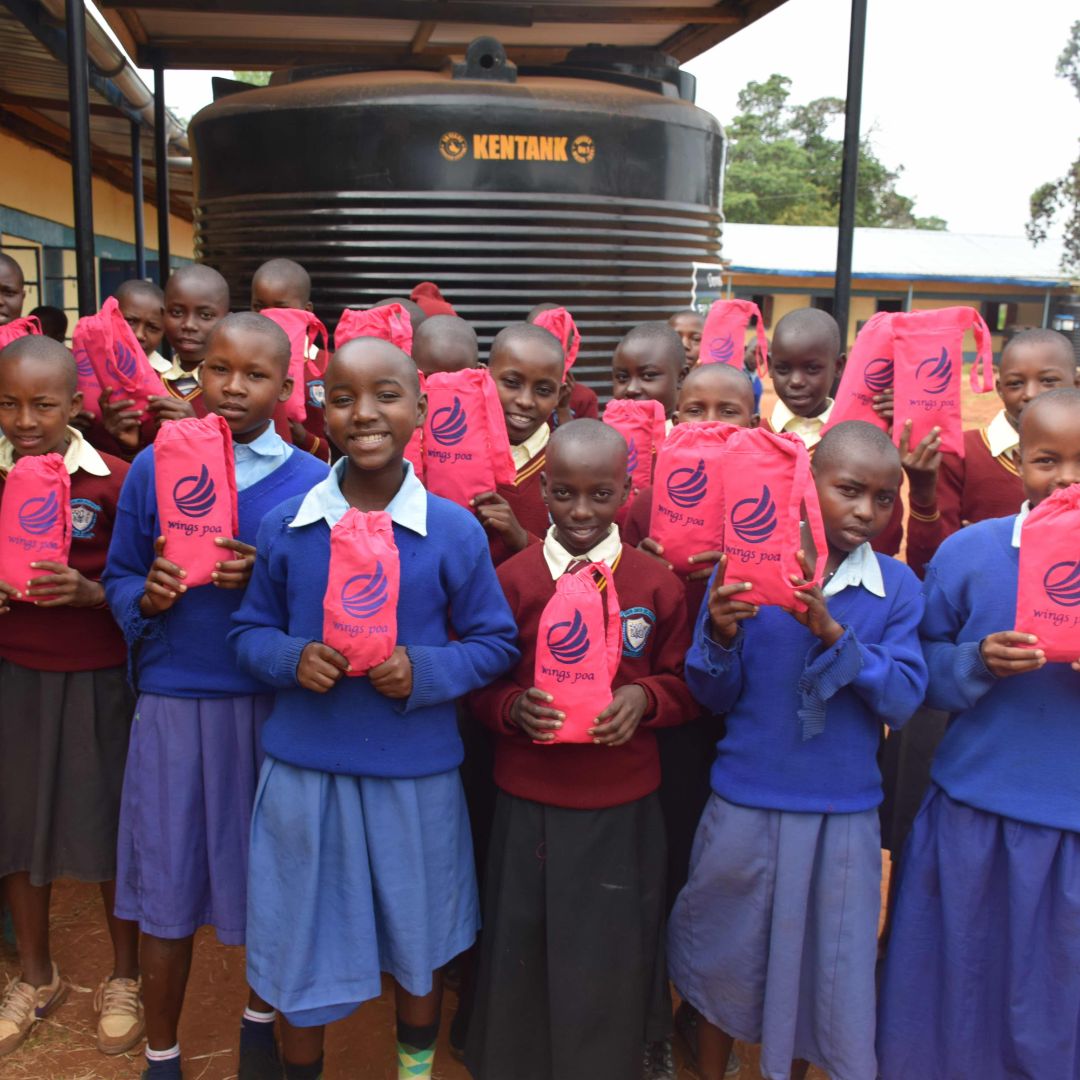

Last year, we saw that for every $10 we spent in rural communities tackling period poverty, we could reclaim up to 30 school days for girls, all while providing employment for local women and health education for young boys and girls.
In Q2, under this project, 650 more girls received reusable menstrual kits and health education. Five local mothers were were paid approximately £1,440 in wages in Q1 and were paid £996 in Q2 for the production of 450 kits to be distributed in Q3.
This will bring the total for the year to 1100 girls supported. That's up to 33,000 school days reclaimed for girls in rural Kenya.
Increasing clean water access in Tanzania through community-managed boreholes
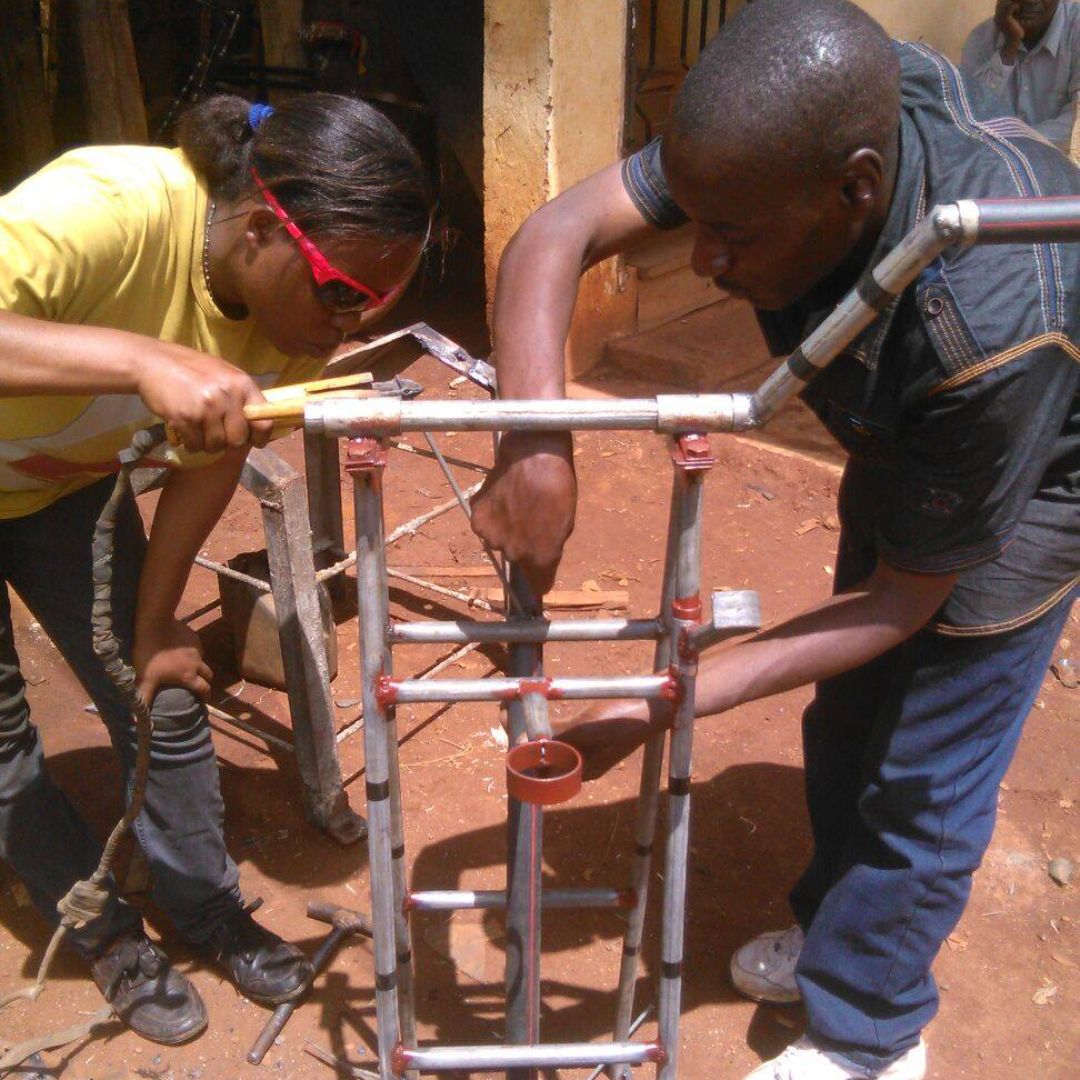
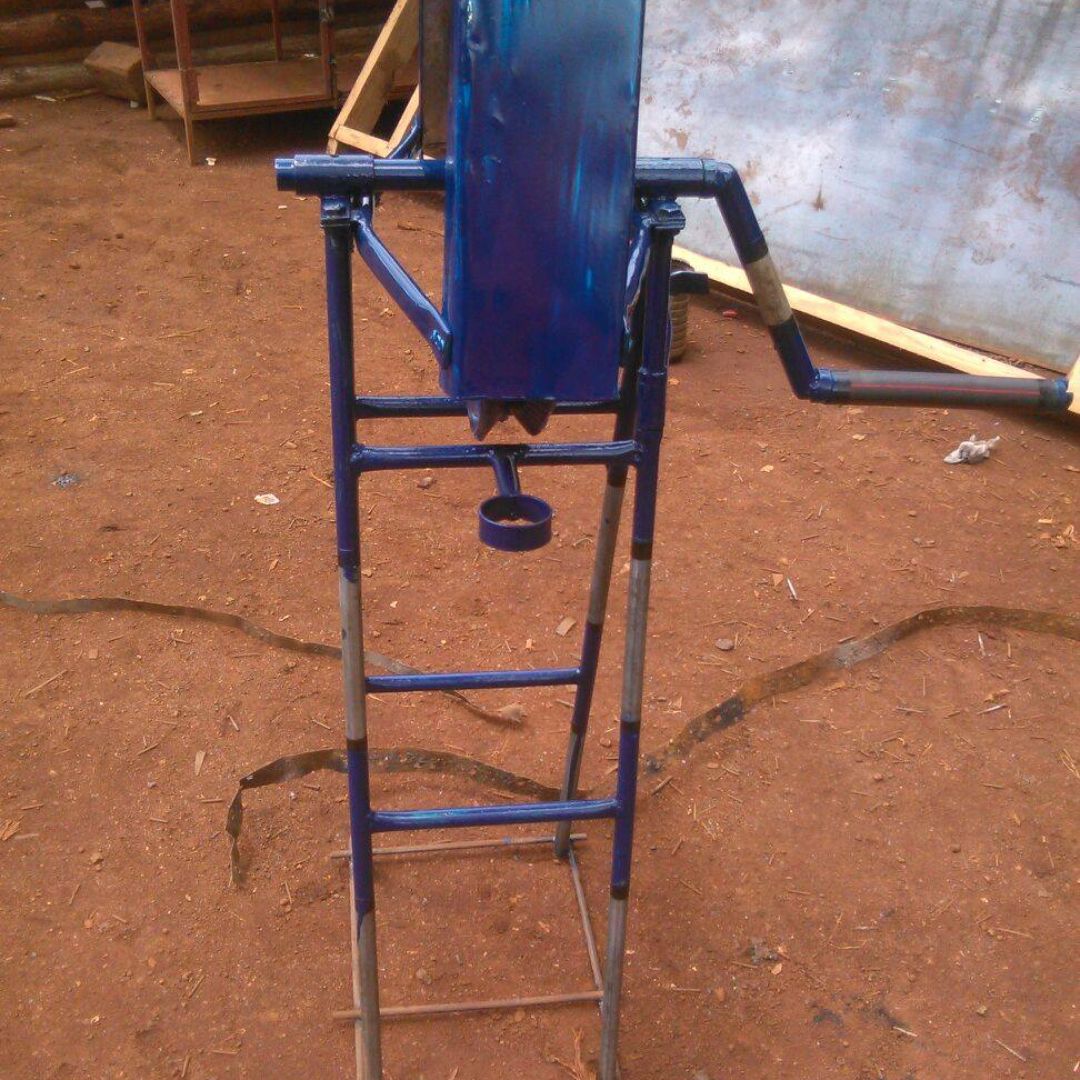
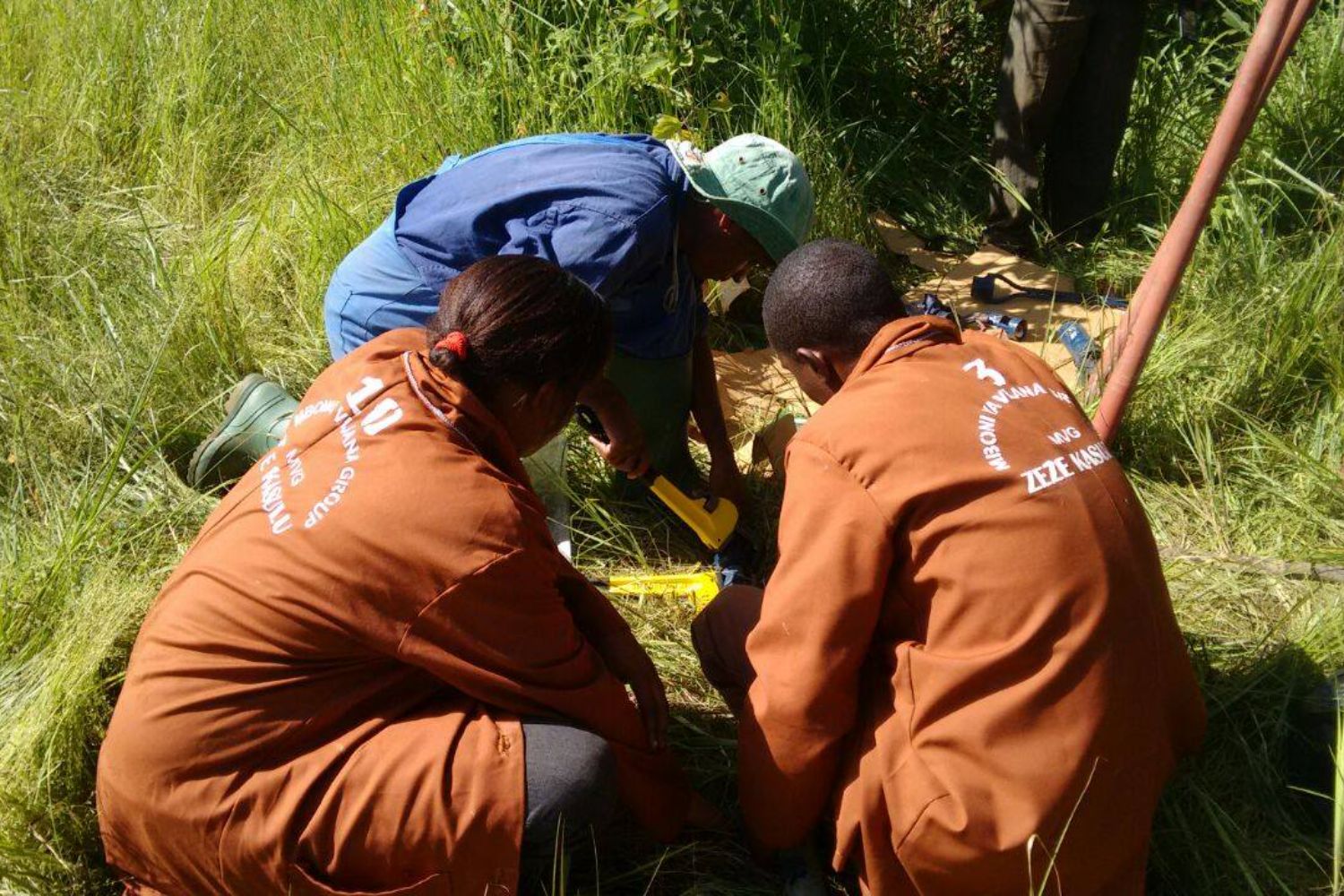
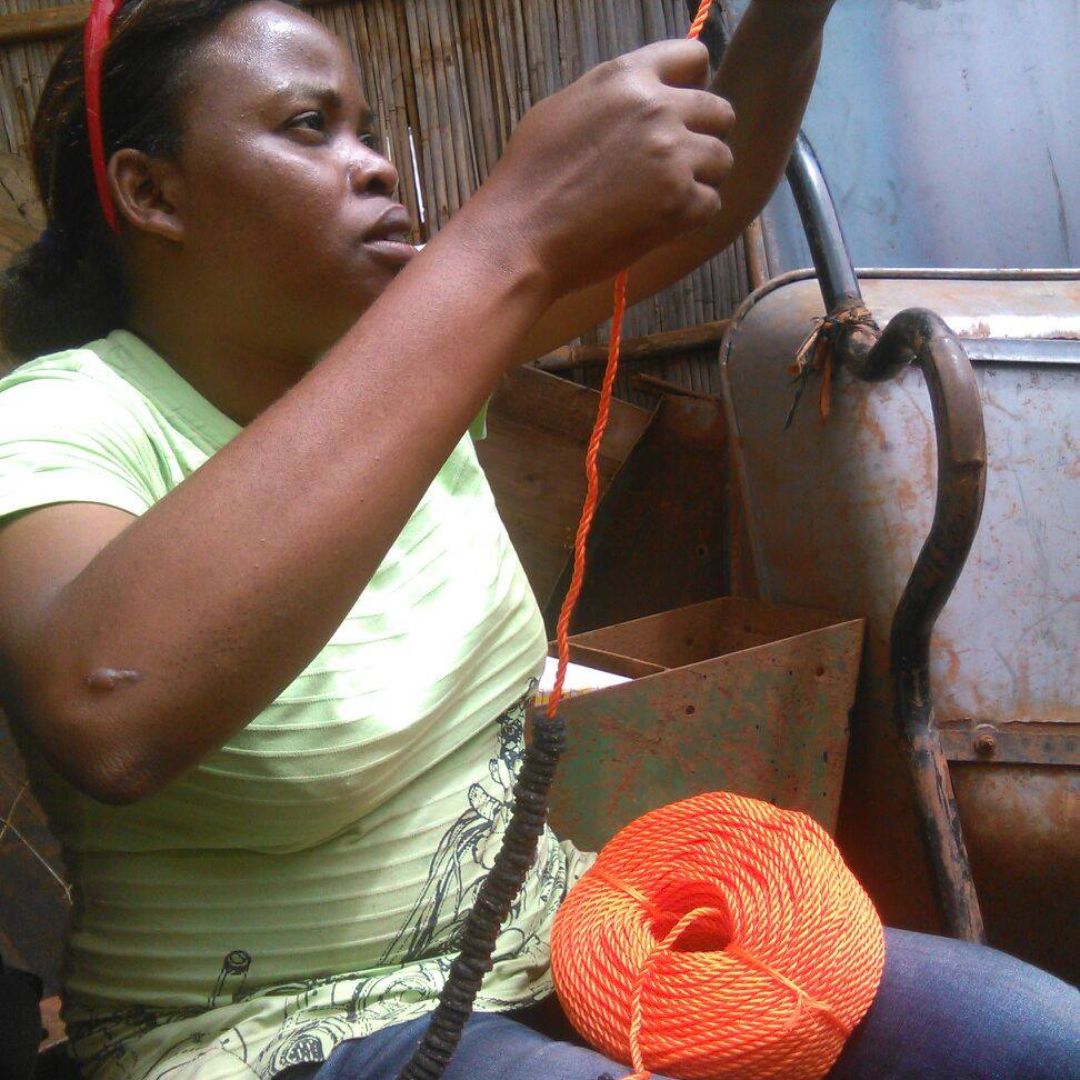

In Q2, our villagers voted to revive a long-time partnership in Tanzania with Benedicto Hosea, the brain behind Mboni Ya Vijana, who employs a cost-effective, community-managed approach to borehole drilling. Their method uses simple hand-drilling techniques and rope-operated manual pumps ... practical, low-maintenance, and functional without electricity—ideal for remote settings. Locals are trained to install and repair boreholes, ensuring they never go offline for too long.
The vote earmarked £10,000, which will be used to drill and install seven clean water pumps, cumulatively providing accessible clean water to up to 10,000 people in rural Tanzania.
In Q2 one pump was installed at Nyaruhande School, and two pumps were near completion at Tumaini and Mwende schools. These three pumps will provide clean water to over 3,000 people.
Helping rural family farms in Sierra Leone earn income
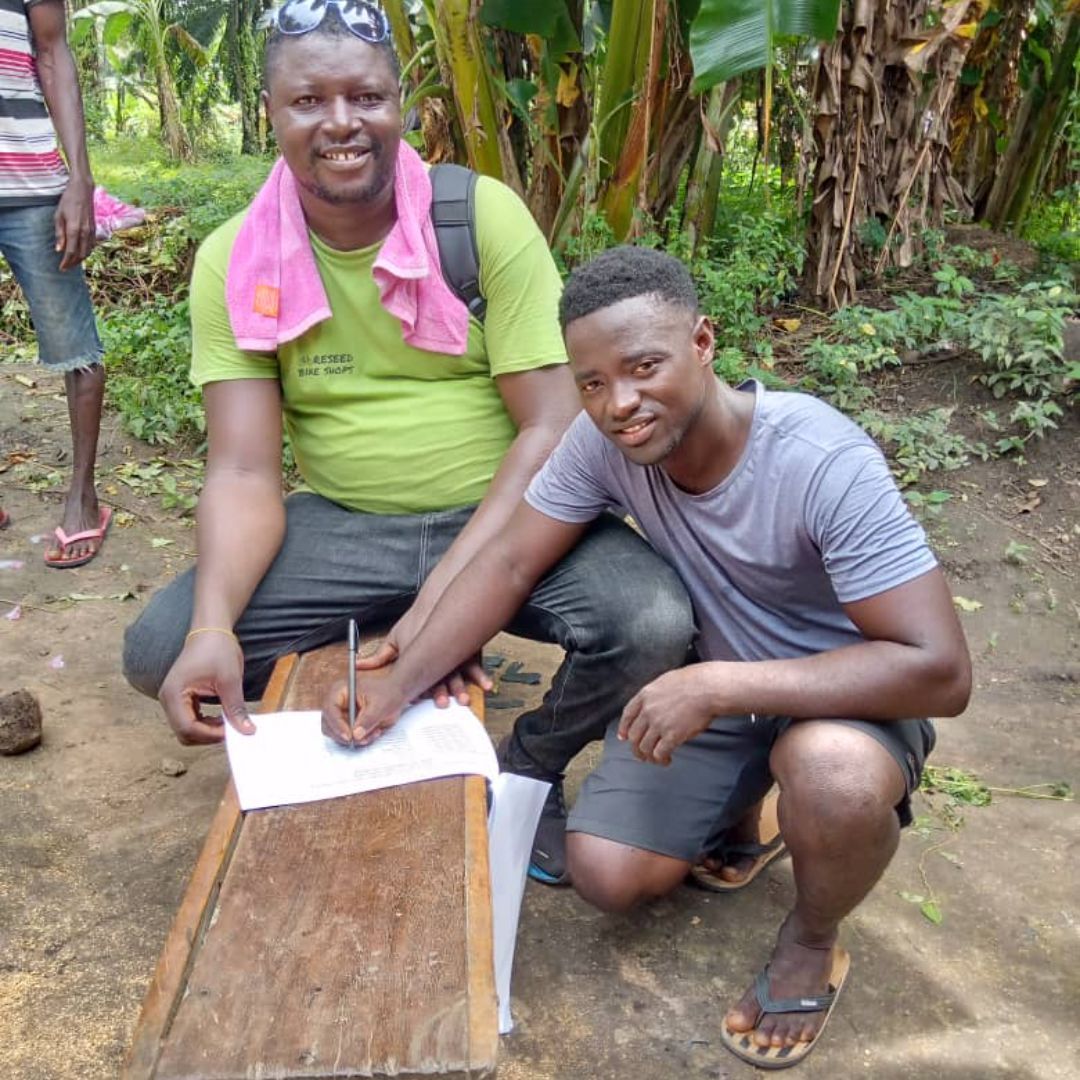
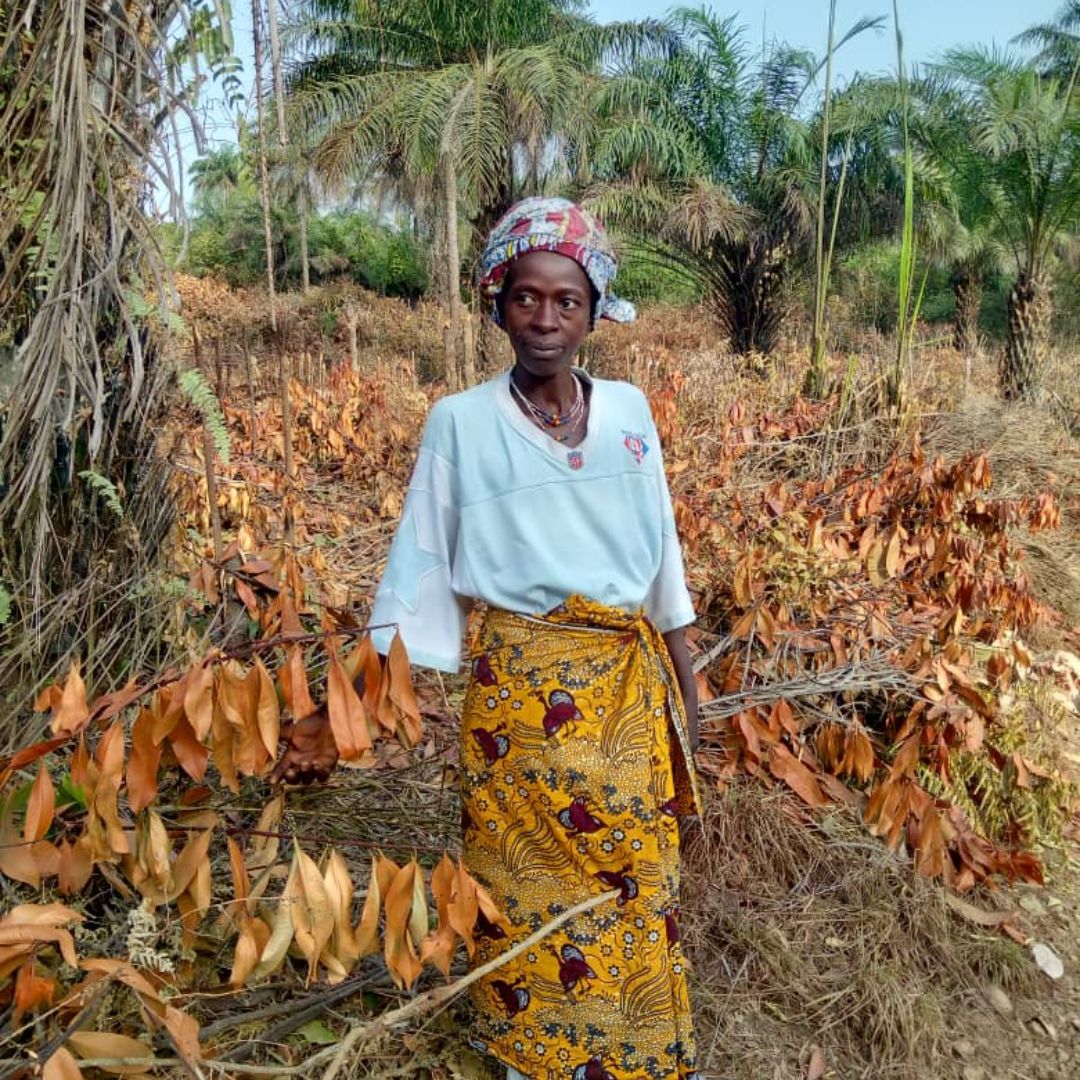
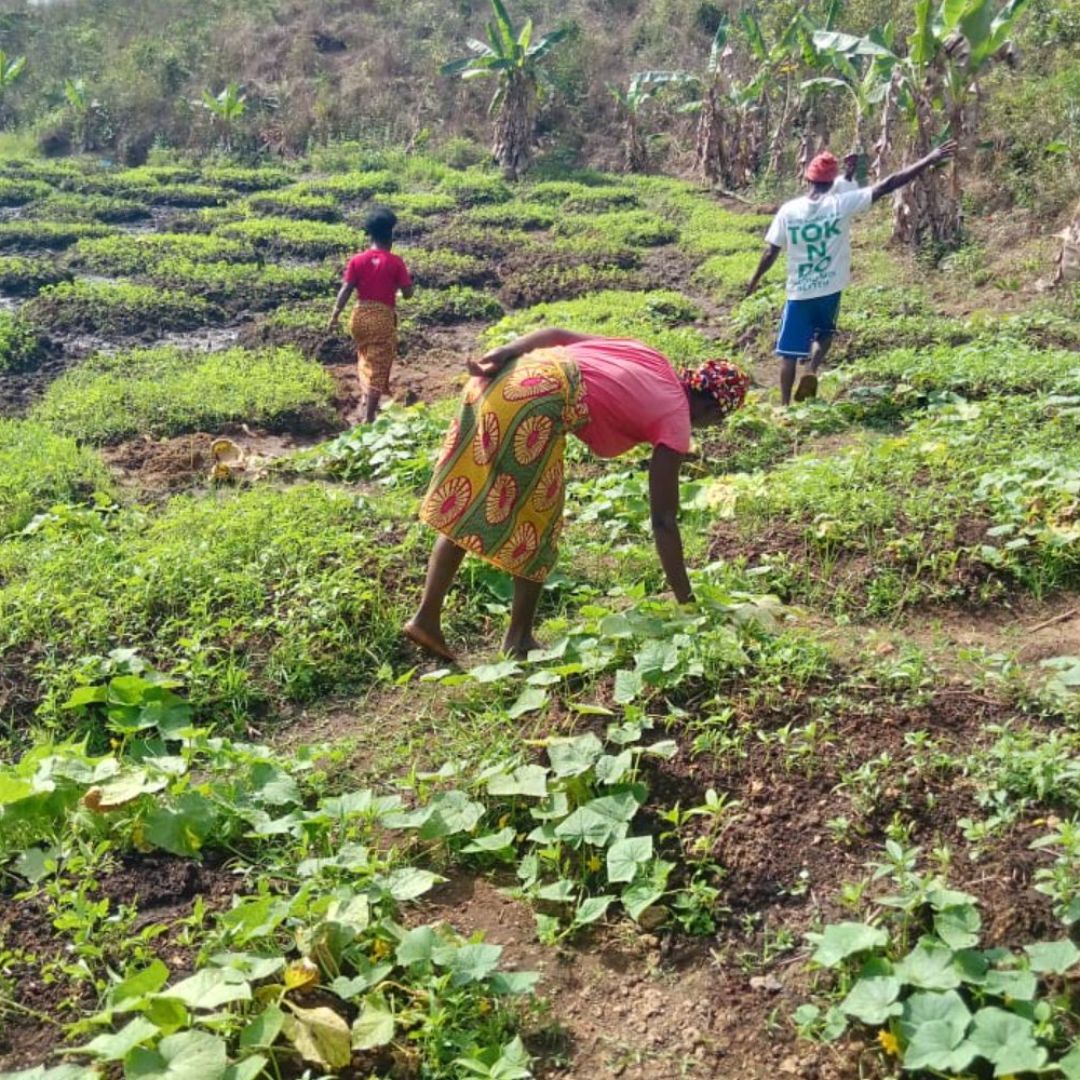


In Q2, our villagers voted to release a second tranche of funding to implement the second phase of an agriculture pilot in Marampa, Sierra Leone, where we are supporting rural farmers in transitioning from subsistence farming to income-generating farming.
Unfortunately due to heavy rains most of this work will have to take place in Q3.
In the second phase, Mohammed, the agricultural officer leading this project, will be hosting composting workshops to address soil degradation and reduce reliance on costly chemical fertilisers.
The workshops will be available to the whole community, and farmers will be shown how to establish a community compost using materials they can find in their natural environment. The knowledge and learning gained will then be disseminated to the broader farming community, and individual farmers can create and maintain their compost over time.
Finally, each community will be supported in establishing seedling nurseries, ensuring early and healthy crop development. Seed storage units will also set up, allowing farmers to save, store, and share seeds season after season.
Looking forward
What we're focusing on for the coming quarter

I really hope you've enjoyed reading our Q2 report, and I'm proud that we've been able to make good on our promise to deliver these reports consistently at such a high quality.
In the coming quarter, I'm going to be focused on getting our new team fully up to speed and empowered to take over operations at Kwanda as we build a platform that we can all be proud of.
We'll also focus on supporting our project partners and involving our members in that process. Ultimately, we envision a future where Kwanda villagers not only contribute funding that supports innovation on the continent but also engage in the innovation happening on the continent and within the diaspora.
Thanks to all those who support Kwanda and have entrusted us with their hard-earned money.
I'll speak to you again soon!
Jermaine, Founder
How you can help?
Pick one, or two.
Thanks for reading
... It takes a village
© 2026. Kwanda Inc. is a 501(c)(3) public charity (EIN: 41-2766953). Donations made through our US tax-exempt giving page are tax-deductible to the extent allowed by law.
In the United Kingdom, Kwanda Ltd is a non-profit fund limited by guarantee (12378728).